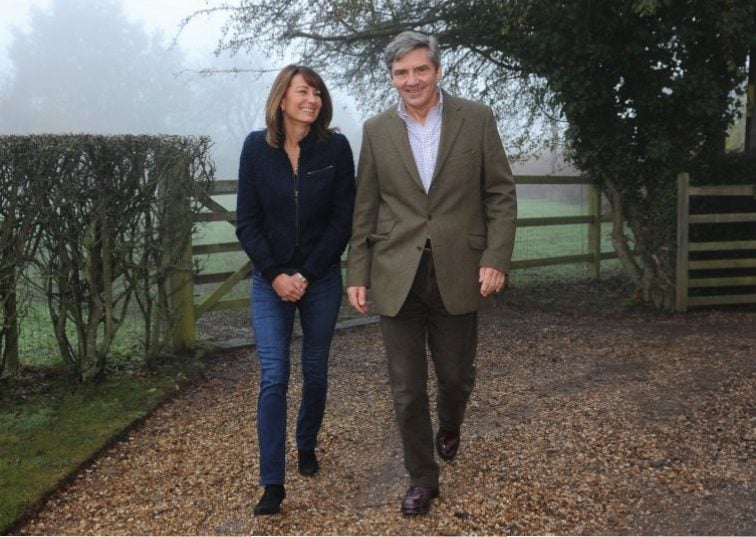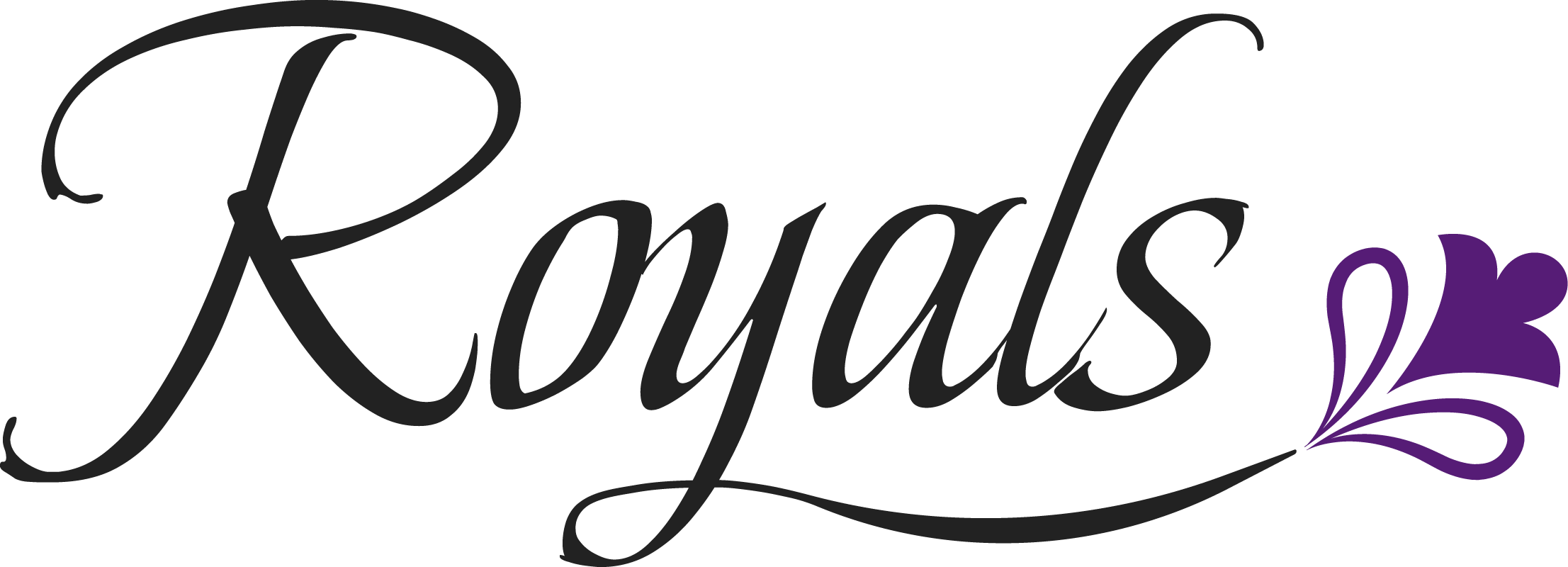Why the Queen Doesn’t Think Kate Middleton’s Parents Should Have Royal Titles
Kate Middleton’s parents are forever linked to the royal family. Not just because their daughter is a duchess but because their first grandchild is the future King of England. However, unlike members of the royal family, Michael and Carole Middleton do not hold royal titles.
Find out why Queen Elizabeth won’t give one to them — and what Prince Charles plans to do about it — ahead.

Kate Middleton’s parents’ royal titles
Despite their daughter’s legal occupation being “Princess of the United Kingdom,” Kate Middleton’s parents don’t hold one of the many noble titles given out by Her Majesty. However, once Prince Charles ascends the throne he might do something about it.
When Prince Charles becomes King of England, a lot could change for the Middleton family. For example, they might receive an invitation to attend Christmas at Sandringham Estate. They might also show face at more formal and family events and could even receive special honors from His Majesty. Some suggest those honors would come in the form of an official royal title.
If and when Prince Charles (or, King Charles) grants Kate Middleton’s parents a royal title, rumors suggest Michael Middleton would become an earl, making Carole Middleton a countess.
Why Queen Elizabeth won’t grant them a title
Queen Elizabeth is a woman of tradition, especially when it comes to granting royal titles. Her Majesty doesn’t give out dukedoms or earldoms to anyone — even parents of a future queen consort — as she has specific protocols that must be met.
As it turns out, there aren’t even that many titles to give out in the first place because many are already taken. So, choosing an appropriate title for Michael and Carole Middleton would be a bit of a challenge. And, on top of that, royal titles are typically bestowed upon individuals involved in the royal family business in some way.
Kate Middleton’s parents have their own lives, separate from the royal family. Sure, they attend royal events (when it’s related to the family) but other than that, they stay out of Her Majesty’s business. For that, the queen likely doesn’t see them as fit for a royal title right now. However, she could knight Michael Middleton, which would technically count as a royal title. If Her Majesty does so, he would become Sir Michael Middleton. Carole Middleton would likely receive a damehood — the female equivalent of a knighthood — in return.
How do royal titles work?
Like most everything in the royal family, there are rules that must be followed when granting royal titles. And, while Queen Elizabeth can technically give anyone in the world such status, she chooses to abide by the guidelines. Here are some of the most common royal title rules she considers.
Dukedoms belong to the son or grandson of a monarch
As the highest ranking title in the family (aside from king or queen), a dukedom is reserved for the sons and grandsons of a monarch. They are often received once a royal male reaches maturity or marriage — hence why Prince William and Prince Harry both received theirs upon their royal wedding days — and typically mean that the royal works full time for The Crown.
Wives take their husband’s titles
Similar to surnames, women in the royal family inherit their husband’s titles upon marriage. So, if a male member of the family receives a dukedom, his wife would become a duchess. That’s how Kate Middleton and Meghan Markle have royal status.
Most royal titles contain geographical references
With the exception of knighthoods, most royal titles have a geographical reference to them. Case in point: Prince William is the Duke of Cambridge, Prince Harry is the Duke of Sussex, and Prince Charles is the Duke of Cornwall.
Check out The Cheat Sheet on Facebook!



